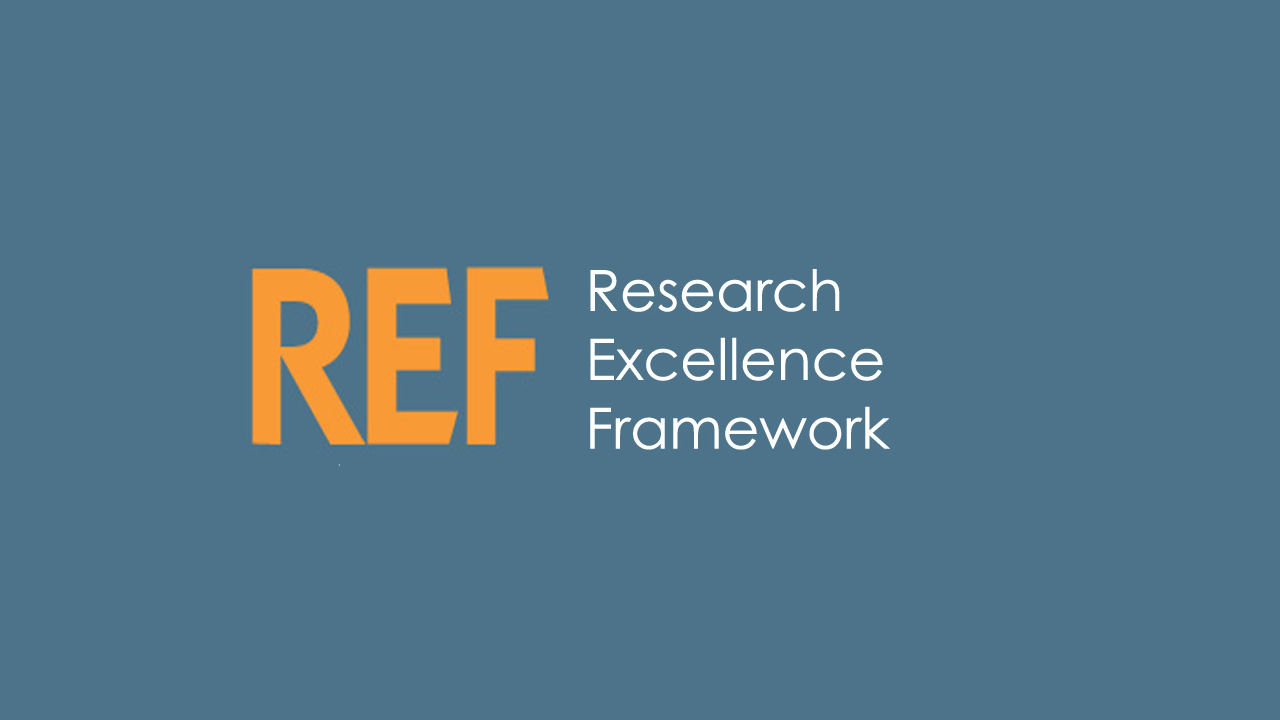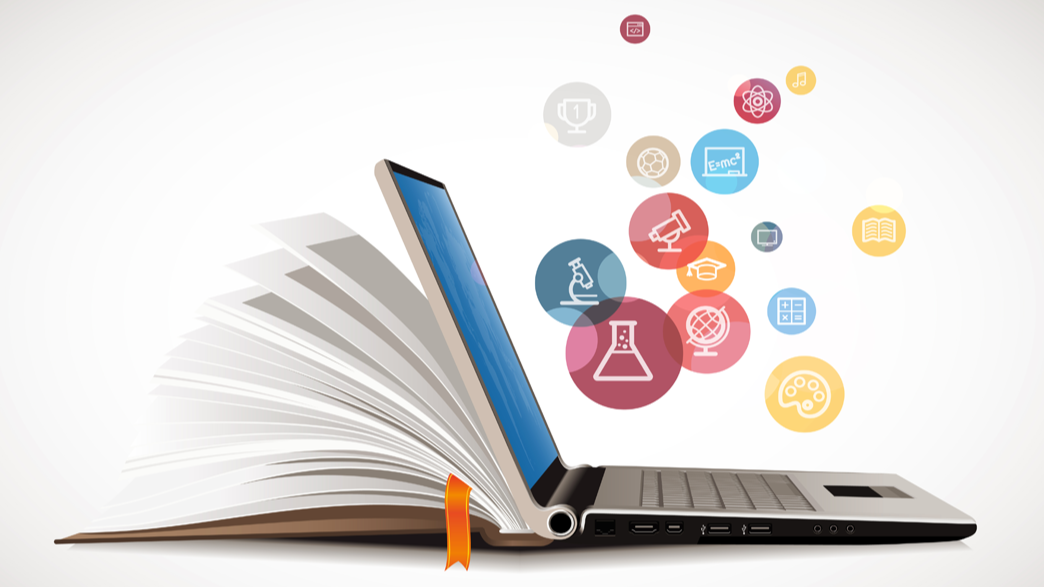Scientists and researchers document their work in organized and professional lab notebooks (or at least we like to think that they do). But that isn’t always the case with undergraduate students.
Picture a professor sitting at their desk surrounded by stacks of students’ paper lab notebooks. Many have frayed edges, some are missing covers, others bear water/beer marks. And the contents of these notebooks? Illegible handwriting, messy figures, little to no organization and haphazardly glued in figures that end up on the floor never to be paired with their corresponding notebook again. Sound familiar? Then keep reading.
There is a solution to this problem. All you have to do is go digital already! Gary Smith, assistant chemistry professor at San Diego Miramar College, knows exactly how to make the switch from messy paper notebooks to clean digital LabArchives notebooks.
And while that all sounds great, change is scary. People don’t like it. When Gary introduced this digital approach to his courses there were challenges, troubleshooting was necessary. But with of bit of leg work both Gary, his students and the Miramar chemistry department have found great success with this platform.
Once Gary found his stride with LabArchives he started to introduce his colleagues to it. More and more instructors made the digital leap. LabArchives spread across the Miramar chemistry department and is now used with hundreds of general chemistry students. Instructors and students agree, this learning curve is totally worth it (and Gary has the data to supports this)!
As a scientist, Gary wanted to find out just how well the digital transition had gone. Did students actually like using the tool? Did instructors? Could he quantify the success of the chemistry department’s digital jump?
And so, as an organized and observant scientist Gary started to collect data on LabArchives usage at Miramar. From 2015 to 2018 he polled both students and instructors to better understand their experiences with LabArchives and to understand if they saw enough value in the tool to use it again. Check out his results!
And while Gary’s three year study certainly indicates that the response to LabArchives in his department has been overwhelmingly positive, there is more to this digital journey than the numbers. Here Gary tells us a bit more about the transition…
How did you find out about LabArchives?
I was introduced to LabArchives by my colleague Namphol Sinkaset in 2014. He piloted LabArchives after researching available electronic lab notebooks.
Why did you want to switch from paper notebooks to LabArchives?
I became frustrated with paper notebooks because of how unorganized many of them were. I think it was challenging for students to keep a paper lab notebook with tables, type up formal post-lab reports, attach spectra from the experiments, etc. I am really impressed with how LabArchives can keep all of this and more in one place. The overall quality of student notebooks in my classes has increased significantly since I made the switch.
How do you use LabArchives in your courses?
I have a folder in LabArchives for every experiment. In that folder, students are required to complete assignments for a Pre-Lab (due at the beginning of lab), Data/Observations (due at the end of lab), and a Post-Lab (due 7 – 10 days after the experiment). I have all Pre-Labs and Post-Labs submitted individually. For General Chemistry 1, I have students submit their Data/Observations with their partner.
As an instructor what is the #1 LabArchives benefit for you?
The organization of student lab notebooks and reports is the greatest benefit for me. I don’t have any problems trying to decipher hand writing. The data is clearly presented in tables and spectra are located right in the report. I feel that this allows me to grade more efficiently and give more feedback on the content.
Any challenges when you first started using LabArchives? Workarounds?
The biggest challenges for my students and I have been using Mathematical Equation. I first required students to become very familiar with the coding. More recently, I have given them a few options for how they can enter calculations. There has been a wide spectrum of response. Some students excel very quickly and some choose to enter the calculations as rich text and not use Mathematical Equation tool at all.
Have you seen an improvement in student notebooks, organization, and learning with LabArchives?
Absolutely! It does take time to for students to learn. We have a one day (3 hours) orientation on getting familiar with LabArchives. Most students do not need the whole time but some students need more time. As the semester progresses, students generally become more familiar and efficient.
Can you tell us a bit about the event you hosted at Miramar with Clark Paul, LabArchives team member?
In Spring 2017, chemistry faculty from the San Diego region gathered at Miramar College. I gave a brief overview of how we were using LabArchives. Several from the group had already been using LabArchives and it was suggested that we meet to talk specifically about LabArchives. Dr. Jessica Bell organized the first LabArchives meeting in August 2017. We met again in January 2019 at Miramar College. These meetings have been great to hear how different campuses and classes are using LabArchives. It is also beneficial to hear about best practices and challenges. These meetings have also been an opportunity for new users to learn directly from LabArchives (Clark) and for all users to learn about upcoming updates (Marie).
What prompted you to track LabArchives uptake at Miramar?
I wanted to see how implementing LabArchives was received by students and faculty. We don’t require faculty to use LabArchives because we want faculty to feel comfortable with the tools they teach with. The response from faculty and students has been overwhelmingly positive.
What did you find in your 3 year study?
We found that out of 789 general chemistry students surveyed from Spring 2015 to Fall 2018, 81% recommended using LabArchives in the future. Out of the 14 faculty surveyed, 100% recommended using LabArchives in the future. The biggest challenge for students was using Mathematical Equation and the most rewarding part was the organization that was provided.
Any advice you might offer to instructors or departments looking to take their courses digital?
I encourage instructors to try out LabArchives for themselves first and become comfortable with it. Then pilot LabArchives with one course to see if it is a good fit for your students and faculty. I would recommend having students complete surveys to get feedback on what went well and what wasn’t a good fit.
Thanks Gary for your efforts and for taking the time to discuss your LabArchives experience and study with us!














